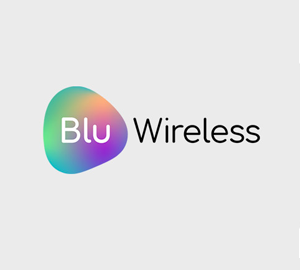We’re fast approaching the end of 2013 and that means CES is just around the corner, and if initial reports are accurate, WiGig is set to play a starring role at this year’s event. Indeed, WiGig products have been in development throughout 2013 from several companies so we can expect great things.
For example, I recently referenced that Panasonic recently demonstrated WiGig enabled tablets and TVs at the Intel Developers Forum, with the consumer-tech blog, Pocket-Lint reporting real world speeds of over 1Gbit/sec in its hands on tests. Furthermore, the market seems to understand its application, with the same Pocket Lint report stating:
“Once it gets tidied up and operates seamlessly the tech has a lot of application. Imagine you have a 1TB WiGig-enabled drive full of movies. Rather than storing any of them on your limited-space smart device, it’d instead be possible to stream files over the localised network. Screen sharing, file sharing, and – once it’s sorted out properly – without the faff sounds good to us.”
And the growth forecasts are looking good.
ABI, for example, forecast in August that approximately 2 billion WiFi chipsets would ship in 2013, with the vast majority of these (approx 1.2bn) being dual-band 802.11n (5 & 2.4 GHz) with dual band 802.11ac/802.11n chipsets making up a further 0.5 billion shipments.
What is particularly striking in ABI’s data is that, while the market for dual-band 802.11n+ac chipsets has been growing steadily, it is now only replacing the market for dual-band 802.11n chips – indeed, the dual-band 802.11n/ac chipsets market is forecast to plateau by 2016.
Real growth in the WiFi chipset sector will instead come from tri-band chipsets. And the ramp up begins now – rising to a little over 1.5 billion chipsets by 2018.
But, with few exceptions, the drive to create chipsets that incorporate 802.11ac has left many suppliers without the resources to develop their own 802.11ad technologies.
So, back to CES. If you’re in Las Vegas and want to discuss how you can license our HYDRA 802.11ad baseband IP in a tri-band WiFi (or standalone WiGig) chip, please drop us a line.









